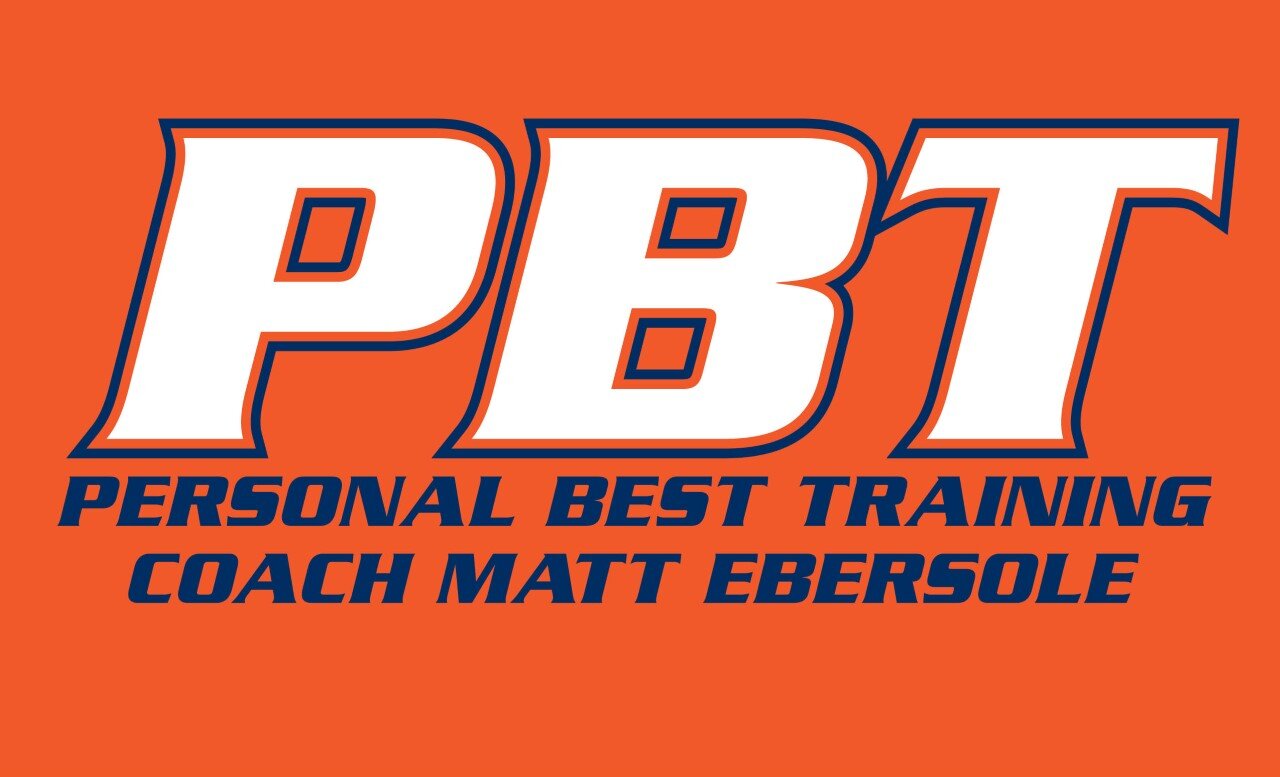Since March all of us have wondered, "What's the point?" While this question applies to many areas of life, I'll keep it to running. As each week rolls by the newest cancellations make further mockery of your 2020 race plans. These were set out before your vocabulary changed and wearing a mask in public became viewed as socially responsible. Since the surprise cancellation of the Tokyo Marathon, we have transitioned to only being surprised if a race is actually run. While uncertainty hangs in the air, what is the point? Why should you train for a race To Be Determined? That is a very good question.
With no sure thing remaining on your calendar the primary reason to keep training is your long-term development. If you consider the progress you can make in a 3-6-month training cycle it makes sense and has been proven by experience, that the real development of a distance runner happens when those training cycles begin to accumulate. Current You cannot hope to compete with Future You with more years of training cycles that have further shaped and hardened your running body's ability to move faster, longer, and more economically. Granted, training to race with no race in sight makes no sense, but as with many things, retrospect will show the wisdom of training anyway. Otherwise you have given away time to become a better runner. As we know, time is something we cannot hurry or get back.
You can use this time to experiment with your training without the pressure of an important race. We know the basic principles of training are consistency, gradual and progressive increases, and variation of training stress. You can check the consistency box by simply continuing while others may be on the sidelines adding stress eating pounds. The gradual and progressive element is satisfied by adding a little more quality, or a little more mileage, or a little more supplemental training that allows better adaptation to running. Have you considered adding more high intensity to your week? Perhaps you've considered what more mileage could do for you. With an impending goal race, it is easy to be conservative and stick with what you know. Now is the time to experiment. It's much easier to back off and be patient should your body give a warning sign if there is no major race next month (it should be easier if there is a major race, but human/runner nature dictates otherwise). Those things can also give the variation your body craves to improve. The same amount of stress from the same type of training eventually fails to challenge your body adequately to adapt. That's why we need to provide a mix of workout types and intensities in your training plan to keep your improvement curve moving up and to the right.
Even if it is Do It Yourself or On Your Own, I encourage you to develop a race schedule of various distances to have checkpoints and mental challenges along the way. One of the most common comments I heard from my runners during our "remote race series" was that they forgot how to push hard and stay focused after going too long without racing. Racing is about fitness and skill and even this type of racing can keep those skills from going into full hibernation. Seek out the smaller and usually shorter races that are making a comeback, just don't limit yourself to live racing if the options are lacking. We also found that doing these in small groups or remotely while knowing results would be posted offered a good sense of competition and community.
Who should ignore this advice? If you fall into the category of chronically injured or mentally exhausted, you will benefit more by addressing those problems than brute forcing your way through another training cycle. If managing your injuries is as much a part of your training as your long run, it's time to seek out someone that can help you find the road map back to 100% health and rediscover the joy of pain free running. This may not be time off, but a reduction in mileage and intensity while focusing more time and energy on the solution. If you are mentally beat and running has become another job and not a rewarding part of your life, it's time to let go of the impulse of "have to" and measuring everything. Your solution might be a meaningful reduction in training or just more variety in terms of types of running or cross training. Try running by time without knowing your pace (such watches still exist). It might be running in the woods or anything else that get your out of the draining elements of your routine.
Let us use this time to move past the disappointment of canceled racing to being freed from the normal and expected. This is a time to move your running forward limited only by your creativity and enthusiasm.
“You don't become a runner by winning a morning workout. The only true way is to marshal the ferocity of your ambition over the course of many day, weeks, months, and (if you could finally come to accept it) years. The Trial of Miles; Miles of Trials.”
― John L. Parker Jr., Once a Runner

